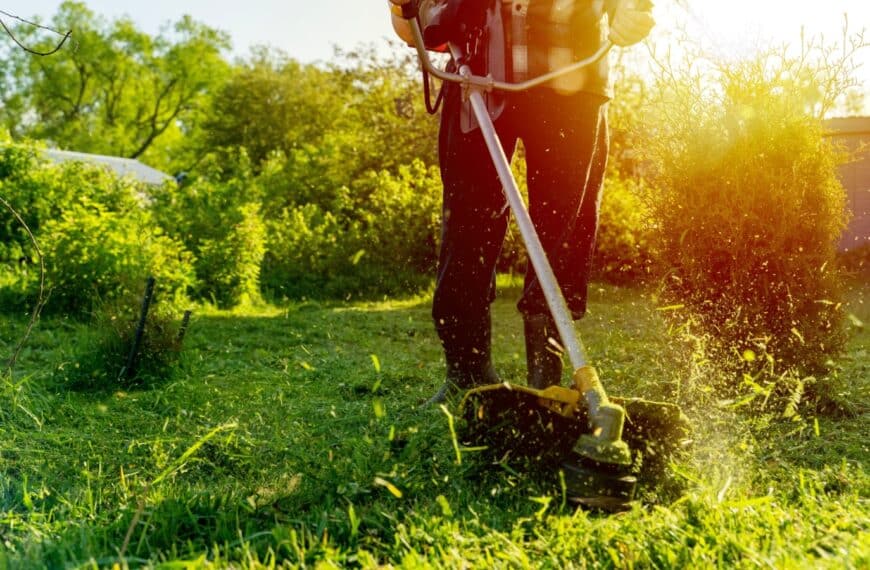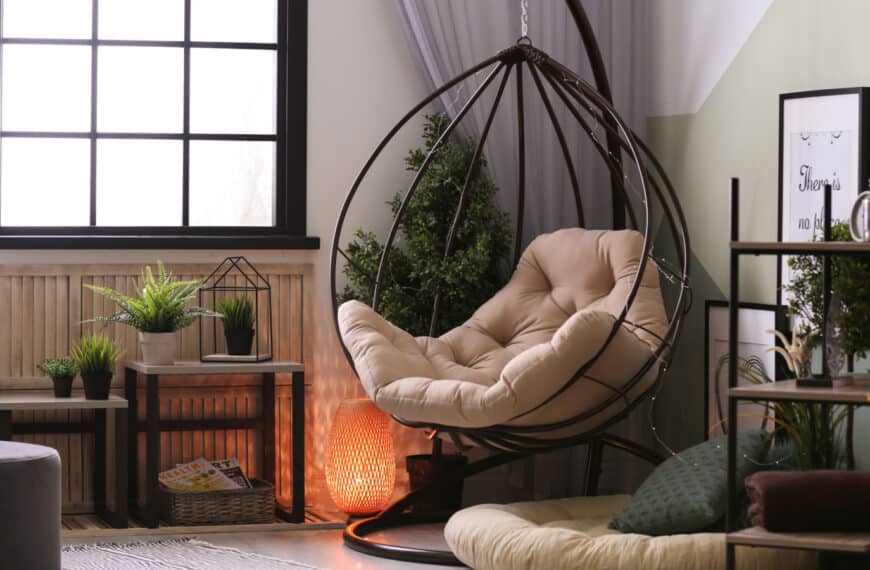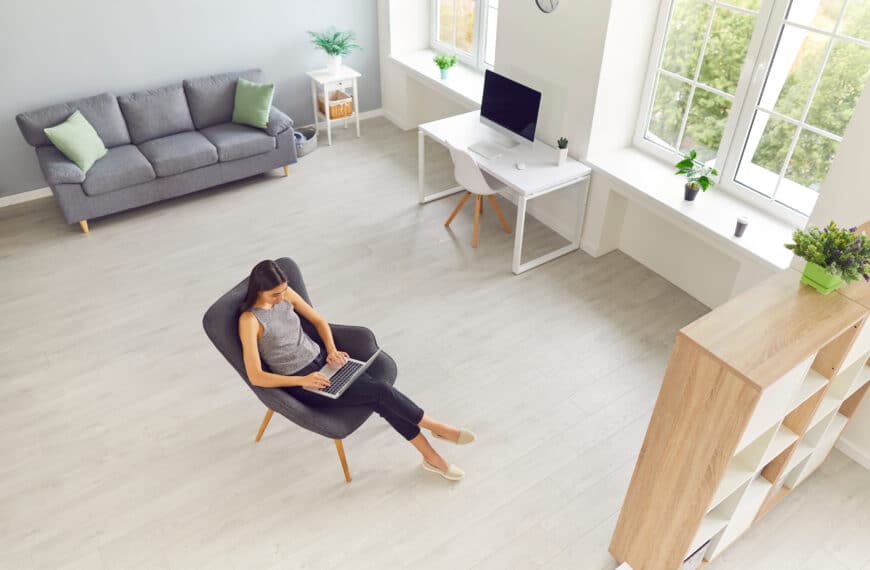Woodworking is a trendy hobby, with its demand exploding in 2020 when a large part of the population was home and had the time to tackle new hobbies. Despite the high prices of lumber, woodworkers and woodworking enthusiasts spend their hard-earned money on lumber and tools to create their projects.
This is no surprise because there is something special about taking a piece of wood and turning it into something functional and beautiful. The feeling of achievement when you walk into a room and see the furniture or the project you built with your own hands is unparalleled.
If you have been thinking about diving into the world of woodworking and are looking for the perfect project idea to get started, I have you covered.
Woodworking Tools You Need
Contrary to popular belief, you do not need to make a considerable investment or space commitment to start building your wood projects. You need a few essential beginner tools. You can quickly start with two tools – something to cut with (a saw) and something to join with.
A miter saw is a great beginner saw for cutting dimensional boards because you have more control over the movement of the blade.
A circular saw is a close second because it can cut dimensional boards and plywood. However, you must carefully cut along a perfectly straight line during its operation to avoid blade binding and kickback, which can sometimes be extremely frustrating to beginners.
To join boards, you can use a power drill and screws. I recommend a pocket hole jig for joining because it will open up many project possibilities. Pocket hole jigs help make pocket holes, a beginner-friendly joinery technique that lets you build strong projects without using complicated tools or methods.
Picking the Right Wood and Boards
One of the critical factors in the success of a woodworking project is the lumber you start with, and it is extremely important to learn how to buy wood for your projects.
The type of wood you use will depend on the location of the final project and the look you are going for. Cedar and redwood are great for outdoor projects. If the project is going to be in contact with the ground, you can use pressure-treated lumber. However, with pressure-treated lumber, you must take adequate precautions not to inhale while cutting.
You can use almost any wood for indoor projects – pine, maple, walnut, birch, poplar, and even cedar and redwood. The final choice will depend on your personal preference for color, grain, and stained vs. painted.
You can buy lumber for projects at any home improvement store or lumber yard. Home improvement stores are a great starting point because they are less intimidating to beginners.
However, you must carefully examine each board as you pick them out. Boards can have various defects and deformities, such as bowing, warping, cupping, knots, cracks, etc.
To check for physical deformities, look down on a board like you would look down on an arrow on a bow. Repeat on all four sides. If you see that the board bends at any point, you should not get that board. Don’t be afraid to dig into the pile of boards in the lumber aisle until you find the one you are looking for. Starting with straight boards will make the projects easier to build.
Safety
Safety is the highest priority when working with power tools and wood in the workshop. Always wear eye, hearing, and airway protection gear. Do not have loose clothing, jewelry, or hair, and follow all safety procedures from the manufacturer.
Always think about the action you are about to perform. If it feels awkward or unsafe, take a step back, rethink, and make appropriate adjustments before attempting the procedure.
Beginner Woodworking Project Ideas
Woodworking – like any other skill, is learned step by step. The best way to start building wood projects is to start with small projects that use a couple of tools and slowly add more tools and techniques to each following project. As you build your skills, you will be more confident and enjoy your hobby.
Here are a few simple beginner woodworking projects that use a few tools and make a great starting point.
1. Simple Shelf
You can build a simple wall shelf with a couple of boards. Simply cut and join two boards at 90 degrees using nails or screws and attach the back of the shelf to the wall using anchors.
Building the shelf will help you practice measuring, cutting, and joining wood. You can also experiment with different finishes to match your decor.
2. Serving Tray
Serving trays are both practical and make great gifts. They can be made from a single board of wood cut to size or shape with various handles to suit your needs. These can be great to experiment with using a jig saw to cut out shapes, adding contrasting wood patterns to create interesting designs, etc.
3. Cutting Board
Cutting boards are almost like a right of passage in the woodworking world, and they make excellent gifts, too. They are a great opportunity to work with different wood species to add interest and patterns. You will need a few good-quality clamps, a sander, and lots of patience. The final result will be completely worth it!
4. Wood Coasters
Just like wood cutting boards, coasters can be pretty straightforward to make. These projects are small and quick, making them great projects for beginners. You can experiment with various shapes and wood finishes to personalize them. They make excellent gifts, too!
5. Picture Frame
Picture frames can be made in many ways, from simple and beginner-friendly to very advanced. For a beginner-friendly technique, cut boards at 45-degree miters, glue them up and add staples in the back. You can add clips to hold the pictures to the frame. If you are adventurous, you can make half-lap joints using a table saw or circular saw and a palm router to create a ledge to add the glass and picture to the frame.
6. Planter
A wood planter is the perfect way to add warmth and a touch of nature to your home. You can easily personalize them with color, finishes, and even painted patterns. They are easy to build – attach them using nails or wood screws to make a box and add a bottom. Remember to use outdoor wood and a landscaping fabric lined inside if it will be outside your home on the porch or patio. If you are using it indoors, seal it well, as it will see splashes. Use a plastic pot inside and add a liner underneath to catch the excess water.
7. Small Table
Small tables like a side table or a child’s table make the perfect first furniture project. The table has three parts – the legs, aprons, and the top. These can be attached using a wood screw. However, we highly recommend using pocket holes as they are stronger, and you can easily hide the screws from view. Once you start building projects with pocket holes, it will open up the possibilities of projects you can build.
Once you build these simple projects, you can explore and add complexities to your builds – like drawers, doors, angled or curved features, and more.
This article originally appeared on Wealth of Geeks.
More Ideas from this Category
About the author
Anika Gandhi
Anika Gandhi is the founder ofAnika’s DIY Life, where she shares projects and tutorials to inspire and empower beginner DIYers and woodworkers to use power tools and confidently build anything they can imagine. She is also the voice behindYour Life Well Organize, where she shares tips and strategies to organize your mind, home, and life. She has been featured in NBC LA-Live, The Family Handyman, Popular Woodworking, FDMC Magzine, Women’s World, HGTV.com, DIYnetwork.com, and more.







